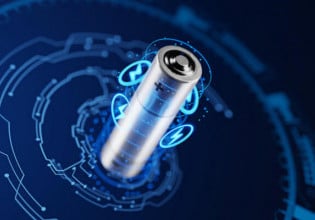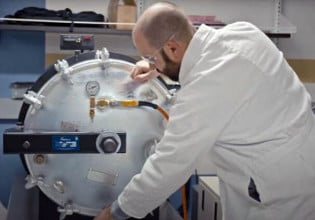California Governor Jerry Brown vetoed California Assembly Bill 2581, which would have improved the process by which the California Energy Commission (CEC) considers energy efficiency requirements for electronics and other products and equipment. The bill, advocated by the Consumer Electronics Association (CEA) and other high tech trade associations, companies and organizations, would have required the CEC to consider the most current data provided to it prior to a rulemaking, among other provisions.
In a statement, the CEA observed that it is heartened that in his veto message, the governor indicated that he was instructing the CEC to work with stakeholders to implement provisions of the bill. CEA is committed to staying engaged with the governor and other policymakers to ensure that appropriate and necessary changes are made to modernize the energy efficiency regulatory framework.
“We are disappointed with a veto on this bill, which would have made commonsense and long-overdue changes to the CEC regulatory process,†said Gary Shapiro, president and CEO, CEA. “We note that, in his veto message, the governor stated that he and his administration are committed to ensuring the CEC follows the intention of AB 2581. We look forward to working with the administration, the Energy Commission and various stakeholders as we strive for energy efficiency and meaningful cost savings for consumers.â€
AB 2581, which sought to amend Sections 25402, 25402.1, and 25942 of the Public Resources Code, would have: Instructed the CEC to consider the most current data provided to it prior to the commencement of a formal rulemaking proceeding for a new or revised standard; Allowed the CEC to encourage and embrace private-sector voluntary agreements and the contributions they make to energy savings; Allowed the CEC to adopt a process for the repeal or suspension of a standard that it finds duplicative or inconsistent with federal or state law; and Allowed manufacturers to utilize electronic labeling to meet CEC labeling requirements when appropriate.
“It’s clear that this area of the law, which hasn’t been updated in 30 years, must be modernized to keep up with the rapid pace of innovation in the ever-evolving, fast-moving world of consumer electronics,†said Shapiro. “We applaud the author of AB 2581, California Assembly Member Steven Bradford (D-Gardena), for his leadership with this common-sense legislation, and AB 2581 was a bill that balanced all the important desires of Californians around this issue – improved energy efficiency, strong environmental stewardship, real consumer savings, technological innovation and fiscal responsibility.â€
“The best way to achieve energy efficiency is through close collaboration between the public and private sectors,†added Shapiro. “Just look at successful, long-time programs such as ENERGY STAR and newer approaches like the set-top box voluntary agreement. These initiatives demonstrate that we can protect innovation and competition, provide room for rapidly-evolving technologies and still achieve significant energy savings and emissions-reduction goals.â€
In June, the CEA study Energy Consumption of Consumer Electronics in U.S. Homes in 2013 showed that CE devices accounted for just 12 percent of residential electricity consumption in the U.S. last year, a nine percent drop from their energy consumption share in 2010 (13.2 percent). The energy efficiency gains for CE devices were applauded by the energy efficiency community, including the ENERGY STAR Products Program and the Alliance to Save Energy.






